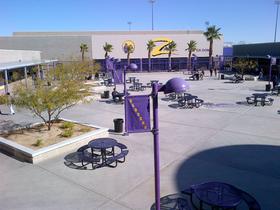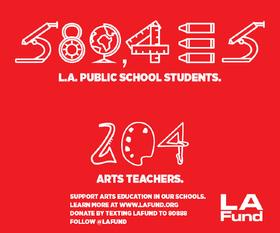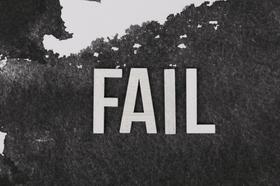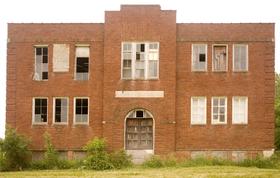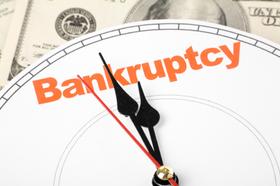Chicago teachers, frustrated with changes made by Mayor Rahm Emanuel that did not include input from the teachers’ union, have voted to strike this summer if contract negotiations do not take a positive turn. The vote comes in the midst of ongoing consideration of numerous contract issues, as a preliminary strike on Chicago school officials working to come to an agreement between administration and teachers. While the strike would not occur for another two months, it sends a significant message to Chicago school officials that teachers across the Windy City are not happy with the turns in public education taken over the past year.
Longer School Days, Less Pay at Heart of Conflict
According to the Huffington Post, Chicago teachers are unhappy with Mayor Rahm Emanuel’s decision to rescind four-percent teacher raises last year. The mayor then worked around the union to authorize increasing the length of the school day to seven hours, after his initial efforts to lengthen school hours were blocked by the Illinois Education Labor Relations Board. Currently, Chicago public school students boast the shortest school day of any large school district in the country – with just five hours and 45 minutes currently spent in class.
The Chicago Teachers Union has stated that actual instruction time in Chicago schools is on par with other districts across the country. When the union wouldn’t work with Emanuel on lengthening the school day in light of reduced pay increases, the mayor went directly to teachers in an attempt to waive the union contract. The Illinois Education Labor Relations Board put a stop to the negotiations, and that is when Emanuel went around the union completely to increase the daily class time to seven hours.
In addition to reduced pay raises and longer school days, the Huffington Post reports that Chicago school teachers are concerned about class sizes and resources for teachers. The union has proposed a two-year deal that includes smaller class sizes, a 24-percent pay increase for teachers for the next academic year, and an additional 5-percent increase for the year after. School officials have proposed their own five-year plan, which includes a two-percent pay increase next year and extending school days from seven hours to seven hours and 40 minutes.
This video from CBS News reports on the situation with Chicago's teachers.
The Votes Are In
In an effort to push negotiations to their favor, the union recently authorized the vote for a strike, should contract negotiations break down over the summer. The votes were cast earlier this month, and an official announcement of the results is imminent. However, the Chicago Tribune has reported that the union members have overwhelmingly voted to strike, with 90 percent voting in favor of the action. This number is well above the required threshold of 75 percent needed to proceed with a strike.
“Our members were loud, serious and clear,” Chicago Teachers Union president Karen Lewis told the Huffington Post. “We want a contract that gives Chicago students the schools they deserve. So we call on CPSs to take this process seriously and negotiate with us in good faith with an eye on the real prize, our children.”
Vote Not Welcomed by All Educators
The vote was not a welcome one for CPS officials, particularly since the full facts of the contract negotiations have not been determined. The Chicago Sun-Times reports that the district is awaiting a report from a fact-finder that is due on July 16. The information in this report would be used to complete the compromised contract offer, and then both sides would have 15 days to determine whether to accept or reject the offer. Union officials told the Chicago Tribune that the early vote for a strike was designed to offer additional leverage to union members at the bargaining table.
The results of the vote were also an indication of the breakdown of the relationship between union members, local government, and school officials. Lewis told the Huffington Post the vote was an “indictment of the state of the relationship between the management of CPS and its largest labor force members.”
However, school officials said the vote came too soon and showed little respect or confidence in the fact-finding process. Some also questioned the methodology by which the vote was taken, or whether it was even allowed this early under law.
“CTU leadership pushed their members to authorize a strike before giving them the opportunity to consider the independent fact-finder’s compromise report due in July,” Jean-Claude Brizard, Chicago Public Schools chief, told the Chicago Tribune. “That’s a shame. The CTU leadership left teachers with a choice between a strike and nothing – that’s a false choice. As a former teacher, I am disappointed that union leadership would rush their members to a vote for a strike before having complete information on the table.
Strike Would be the First in More than Two Decades
The Slatest reports that if a strike were to occur, it would not happen until mid-August – long before students head back to their classrooms in September. If the union was to proceed with the strike, it will be the first time since 1987 that Chicago teachers took such action. That strike involved a 19-day walkout at the beginning of the school year.
In this video, Karen Lewis, President, Chicago Teachers Union, discusses the situation in Chicago.
The official word on the vote will be made within days. In the meantime, the union says it has a record of all the votes cast, should management want to examine their voting methodology. However, Lewis has stated that a legal challenge of the votes would be a “waste of time and energy,” according to the Chicago Tribune.
Questions? Contact us on Facebook. @publicschoolreview





